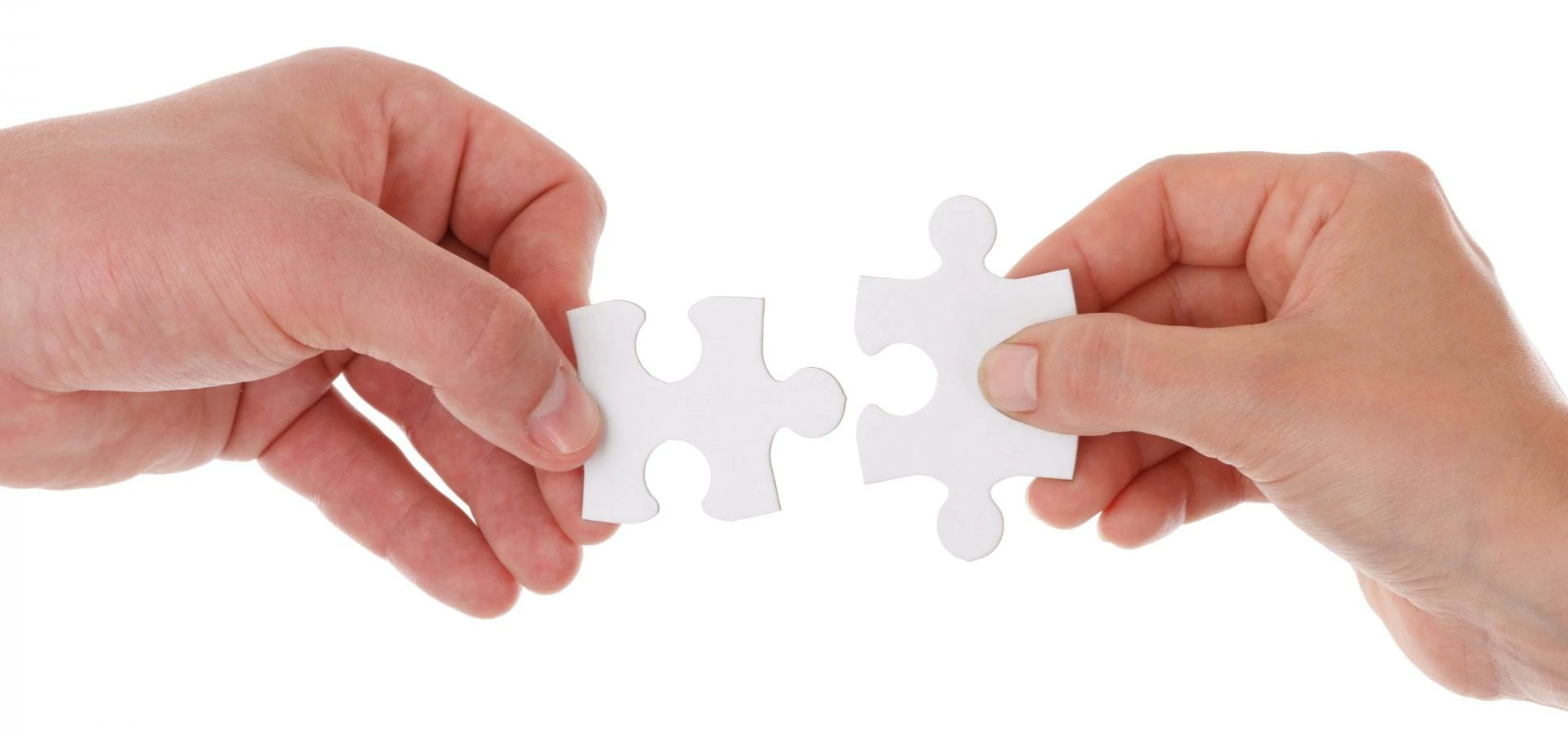
Partner Article
Embarking on a sustainable business partnership
Sustainable Partnerships can boost business revenues, improve your standing amongst consumers and most importantly ensure that your business has a longstanding positive impact on the world – but how should they be undertaken? Gavin Milligan, Group Sustainability Director at William Jackson Food Group highlights the key factors to consider…
Despite the way they are often portrayed, businesses, from SMEs to global corporations, are a part of their environment and community. For years, therefore, businesses have established links with charitable and environmental initiatives as a means of guaranteeing that they have a considered, positive effect on the world.
With sustainable business practices increasingly dominating the news agenda and people becoming more conscious of the ethical merits of household brands, illustrating that sustainability is a fundamental part of your business plan can be a way of demonstrating that you’re in tune with societal concerns. It can also enhance your standing with consumers and other stakeholders.
The most productive collaborations not only strengthen employee engagement and culture, but assist third sector projects and the wider community in which a business is based.
Which charity is the right for a sustainable relationship with your business?
A relationship based around the sustainability agenda is no different to any other business relationship, with both parties seeking to combine resources and knowledge to their mutual benefit. Therefore, it is important to undertake the same due diligence when looking for a third sector partner as you would if you were entering into a normal business collaboration. Are the business’s sustainability goals aligned with those of the third sector entity? Do you have the same achievement landmarks in mind? To build up confidence in this area, it is certainly worth carrying out pilot projects with initiatives closer to home, so you can work out any niggles in your ways of working on a smaller scale before you start to work with bigger partners.
Plan for success
From the offset, make sure you plan for the success of your venture. Together with your partner, outline the landmarks that will define success according to the objectives of both parties – this way you can cultivate and build a strong lasting partnership and not just a transactional relationship. Moreover, ensure that you devise a sustainability strategy into your joint project(s). Without planning for long-lasting, consistent achievements, the partnership can stray and cease to deliver properly for at least one of the partners.
Evaluating your joint achievements
It is only by getting close to the other party and understanding their objectives and their perspectives on yours that you can create metrics by which to judge the success of the partnership. William Jackson Food Group, for instance, launched an initiative alongside The Cooperative College and Malawi Organic Growers Association, intended to provide food security to the Ntcheun village in Malawi. The long-term sustainable goal was to provide 1000+ farmers with the means to create a sustainable livelihood through organic farming techniques by equipping them with the knowledge, skills and equipment needed. Through regular visits and consultations with all parties, it was determined that if the village is self-sufficient in home-grown food by 2020, it will have been a success for all involved.
What’s next?
Decide on what’s important to your organisation. Without a set of goals that are important to you, your approach risks being fragmented. As a food company and significant local employer, WJFG decided that health, nutrition, education and employment skills were areas we could make the most difference in the communities in which we operate. Once we focussed on these, we found it far easier to identify the right relationships for us and start some valuable project work.
Once the guiding principles are in place, finding partners and projects will be easier. Starting small is important too. Test and hone the process with pilot projects and remember it all takes time to develop and that you will learn as you go. Don’t worry if the first year has nothing concrete to show; the time invested in building the personal relationships will be well-spent. Remember also that unless you build sustainability strategies into the beginning of a third-sector relationship, it runs the risk of needing continual funding which will dilute your ability to engage in additional projects elsewhere and expand the positive impact of your enterprise.
This was posted in Bdaily's Members' News section by William Jackson Food Group .
Enjoy the read? Get Bdaily delivered.
Sign up to receive our popular morning National email for free.








 £100,000 milestone drives forward STEM work
£100,000 milestone drives forward STEM work
 Restoring confidence for the economic road ahead
Restoring confidence for the economic road ahead
 Ready to scale? Buy-and-build offers opportunity
Ready to scale? Buy-and-build offers opportunity
 When will our regional economy grow?
When will our regional economy grow?
 Creating a thriving North East construction sector
Creating a thriving North East construction sector
 Why investors are still backing the North East
Why investors are still backing the North East
 Time to stop risking Britain’s family businesses
Time to stop risking Britain’s family businesses
 A year of growth, collaboration and impact
A year of growth, collaboration and impact
 2000 reasons for North East business positivity
2000 reasons for North East business positivity
 How to make your growth strategy deliver in 2026
How to make your growth strategy deliver in 2026
 Powering a new wave of regional screen indies
Powering a new wave of regional screen indies
 A new year and a new outlook for property scene
A new year and a new outlook for property scene